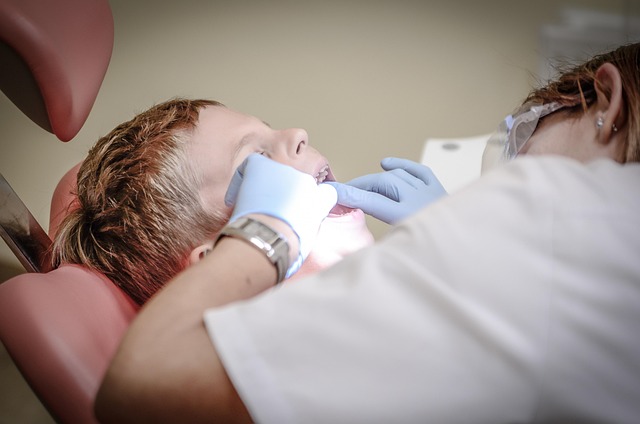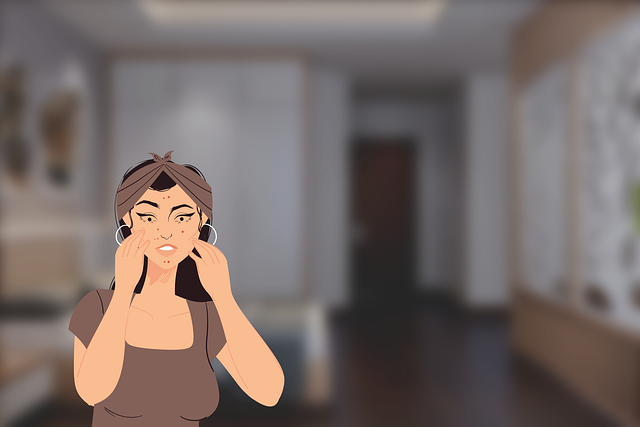Long-term chiropractic rehabilitation after car wrecks provides specialized care for spinal injuries, focusing on personalized recovery plans combining manual adjustments, exercises, and lifestyle changes to alleviate pain, restore mobility, prevent future complications, and promote holistic physical and emotional healing.
Chiropractors play a vital role in long-term chiropractic rehabilitation after car wrecks, offering personalized recovery plans. Understanding the intricacies of post-accident injuries is crucial for effective treatment. This article delves into two key aspects: creating individualized recovery plans tailored to patient needs and implementing strategies for sustained healing and wellness. By exploring these components, we aim to emphasize the importance of comprehensive care in managing and preventing long-term chiropractic issues related to car crashes.
- Understanding Chiropractic Rehabilitation After Car Wrecks
- Creating Individualized Recovery Plans for Long-Term Relief
- Effective Strategies for Sustained Healing and Wellness
Understanding Chiropractic Rehabilitation After Car Wrecks

Chiropractic rehabilitation plays a vital role in the long-term recovery process for individuals involved in car accidents. After a severe crash, the spine and surrounding structures often sustain injuries that require specialized care. Chiropractic physicians are trained to assess and address these issues, focusing on correcting spinal misalignments and reducing pain.
The journey towards full recovery is tailored to each patient’s unique needs. Long-term chiropractic rehabilitation after car wrecks involves a comprehensive approach, including manual adjustments, therapeutic exercises, and educational guidance. This holistic process helps not only in alleviating acute symptoms but also in preventing future complications and promoting overall well-being.
Creating Individualized Recovery Plans for Long-Term Relief

Creating individualized recovery plans is a cornerstone of effective chiropractic care, especially for patients recovering from car wrecks. Each individual experiences unique symptoms and has distinct needs following such traumatic events. Therefore, a one-size-fits-all approach simply won’t do. Chiropractic rehabilitation after car crashes requires a tailored strategy that addresses the specific injuries and goals of each patient.
Long-term chiropractic rehabilitation involves a multi-faceted approach that combines manual adjustments, targeted exercises, and lifestyle modifications. These plans are designed to not only alleviate acute pain but also to restore range of motion, strengthen injured structures, and prevent future injuries. By focusing on individual needs, chiropractors ensure that patients receive the best possible care for their road to recovery after a car wreck.
Effective Strategies for Sustained Healing and Wellness

Chiropractors often prescribe customized recovery plans for patients who have experienced traumatic events, such as car wrecks. These plans are designed to promote long-term chiropractic rehabilitation and help individuals achieve sustained healing and wellness. By combining manual adjustments, targeted exercises, and patient education, chiropractors can effectively address both the physical and emotional impacts of such accidents.
Effective strategies within these recovery plans include regular spinal adjustments to reduce nerve irritation and improve overall joint function, along with specific exercises tailored to strengthen muscles and enhance flexibility. Additionally, promoting patient education about posture, ergonomic practices, and injury prevention techniques plays a crucial role in preventing future relapses. This holistic approach ensures that individuals not only recover from their immediate injuries but also gain the knowledge needed to maintain optimal health and wellness over time.
Chiropractic recovery plans tailored to individual needs are key to achieving long-term wellness post-car accidents. By combining a deep understanding of spinal trauma with personalized strategies, chiropractors can guide patients towards sustained healing and improved quality of life. Incorporating effective techniques from rehabilitation helps ensure that the effects of a car wreck don’t linger indefinitely. Thus, embracing individualized, evidence-based care is pivotal for those seeking long-term chiropractic rehabilitation after car wrecks.














